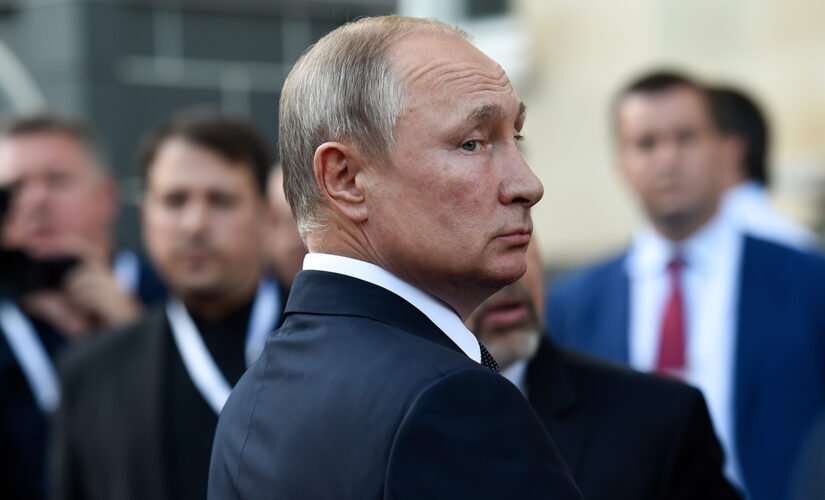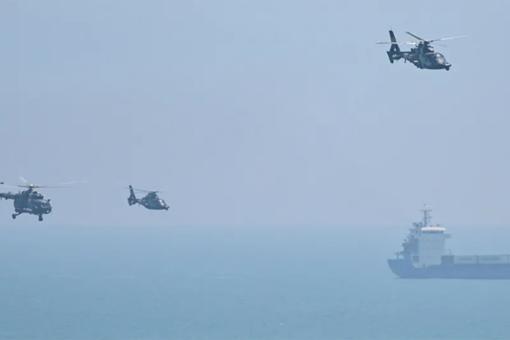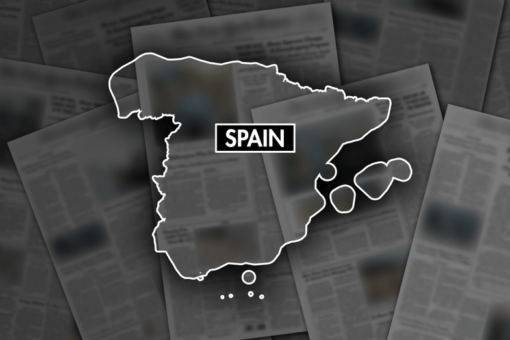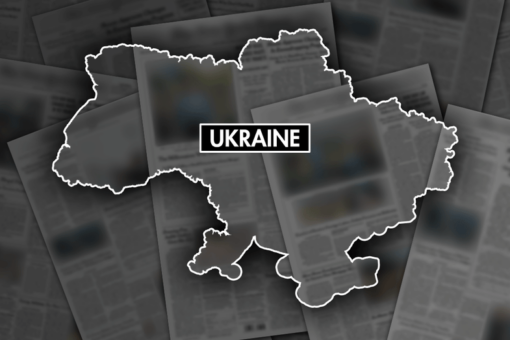NEWYou can now listen to Fox News articles!
Lev Gudkov insists that his March opinion poll giving Russian President Vladimir Putin high ratings is honest. He says he is asked about that every day, as people want to know whether Russians tell pollsters the truth or if they mask their feelings out of fear of repercussions.
But he is convinced his respondents haven’t lied about Putin and this war. Gudkov, who is the director of the Levada Center, Russia’s only independent polling outfit, claims the idea that Russians are afraid to tell the truth about politics is a concept primarily spread by dissidents, because it is they who know the steep price of speaking out and have heightened sensitivity about it.
Gudkov insists everyone else in Russia is pretty much just under the spell of the state TV propaganda that has been relentlessly pumped into their brains over the last several years, parroting Kremlin lines.
For collaborating with some U.S. universities, the Levada Center has been labeled a “Foreign Agent” by the Russian government. That means it’s under constant threat of “repressions or liquidation,” Gudkov said, and Russian organizations have been ordered not to work with the group.
Still, it soldiers on.
Russian President Vladimir Putin attends a meeting of the Supreme Eurasian Economic Council in Yerevan, Armenia.
(Shutterstock)
BLLNKEN ACCUSES RUSSIA OF ‘DELIBERATE CAMPAIGN’ TO KILL, TORTURE, RAPE CIVILIANS
Levada’s latest March polling found that 83% of Russians approve of President Putin’s actions and that number has been creeping up since the summer. It was 61% then and went to 65% in January, 71% in February and 83% now that the war has begun. About 81% support the war specifically.
“That is normal,” Gudkov explains, “for the beginning of a military mobilization. In the fall of last year, the propaganda and demagoguery really ramped up.”
“Anti-Western and anti-Ukrainian sentiment was stirred, and we hadn’t seen such fear about the real possibility of war before. Seventy-three percent of people were scared about a world war,” he told Fox News.
Gudkov said that due to Russia’s censorship and the extreme lack of independent news outlets, the high ratings — what many would call shockingly high — for the Ukraine invasion reflected the power of Kremlin propaganda.
Putin, in the wake of Biden’s comments, says Russia knows “how to defend our own interests.”
(Reuters)
RUSSIA PREPARING OFFENSIVE IN SOUTHERN, EASTERN UKRAINE, OFFICIALS SAYS
Gudkov explained, however, that views varied between villages and small to medium cities and the bigger cities. In bigger cities, he said, the dominant mood was “shame, despair, depression, anxiety and discouragement” about the war, he explained.
“Where people are more educated, more informed, I would say the atmosphere is more one of panic. Large metropolitan areas have been the first to feel the effect of sanctions and understand the catastrophic situation this will lead to in a few months,” Gudkov explained, adding that the economic hardship hitting cities will make its way eventually to the heartland — and at that point, opinion there could change, too.
There was something called the “Crimean Consensus” that Putin got after annexing the storied peninsula. Then, his popularity shot to 89%. There has been wide agreement that the patriotic moment has passed, and so has the boost the president got from it. This war with its thousands of dead soldiers is unlikely to have the same impact on society.
“This doesn’t compare to 2014 when there were strong emotions and euphoria about Crimea and the sense that Russia was a great power again,” Gudkov says.
CLICK HERE TO GET THE FOX NEWS APP
He did say that anti-Americanism has been on the rise. Around 73% of Russians had a negative opinion of the United States. Gudkov said feelings about America ebbed and flowed in proportion to the volume and tenor of the propaganda put out by state media. It was intense during the NATO bombing of Belgrade, the war in Georgia, the taking of Crimea — and, as a result, anti-Americanism shot up in those moments.
The Kremlin, meanwhile, hasn’t produced credible evidence of a “Nazi” problem in Ukraine.
“Of course there isn’t any,” he replied. “It’s a way to discredit the enemy. For Putin, a successful Ukraine integrated into the European Union is a threat to the stability of his regime.”




